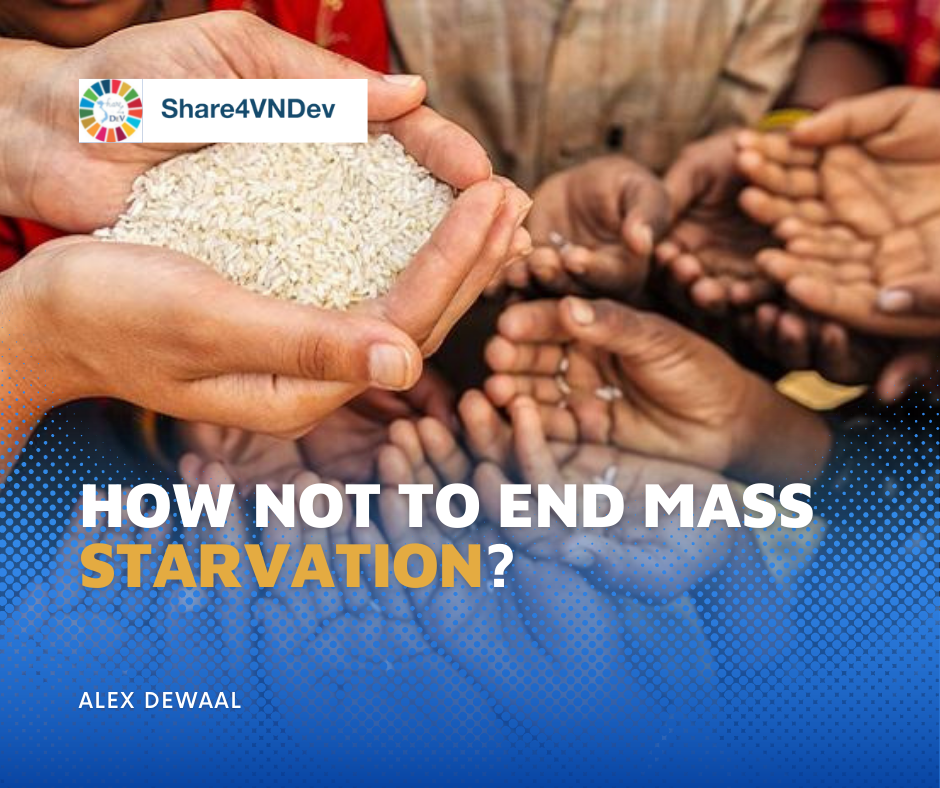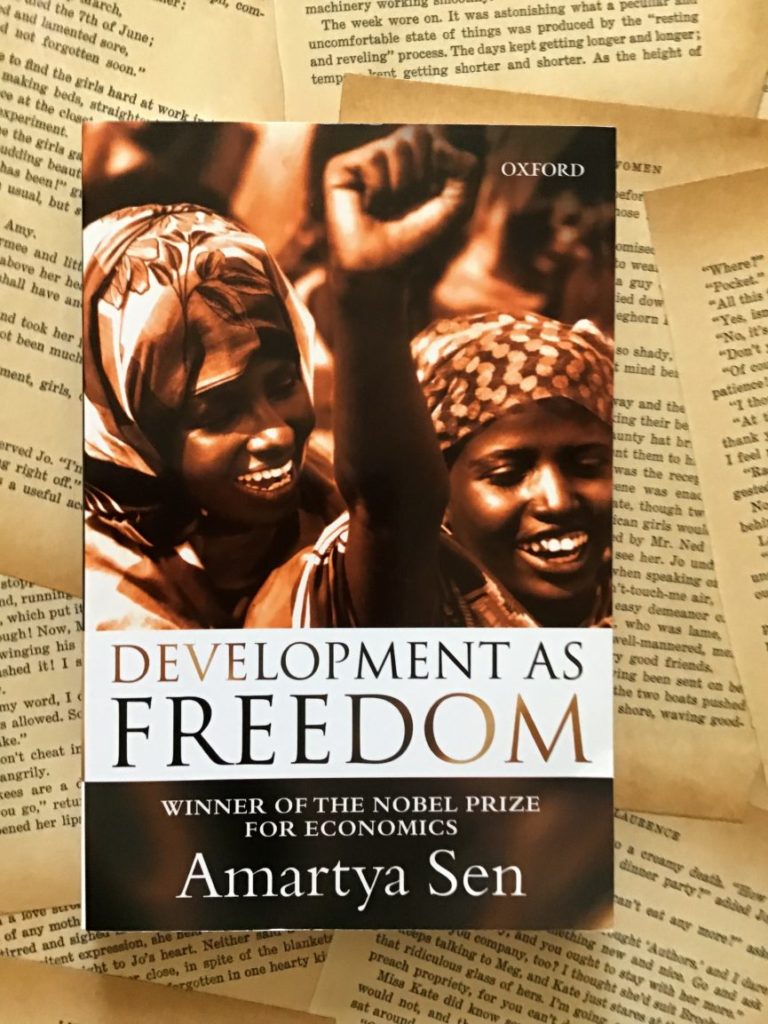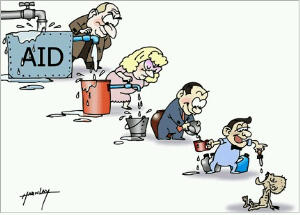How Not to End Mass Starvation

How Not to End Mass Starvation by ALEX DEWAAL The United Nations has announced a plan to alleviate world hunger and prevent famine. If the steps are implemented they may ease global food prices. But they won’t stop today’s famines, most of which are deliberately inflicted in the course of war. Addressing man-made starvation needs political […]
Property rights

Property rights refer to the exclusive rule regarding a property which secures the owners will using a property. It describes a clear boundary that the owner has on each property, provides permission on creating exclusive profit using their property, and offers the property transfer process acknowledged by others. Therefore, it defines ownership over the property […]
Development as Freedom: What is Development?

According to Sen (1999), development should be defined as a process of enhancing individuals’ freedoms instead of emphasizing economic gains or technological advances. He argues that increasing personal incomes or promoting advanced technologies in a country must be related to improving the standard of living for all citizens. In other words, wealth is important only […]
What is the resource curse?

Despite the fact that many countries have abundant natural resources such as minerals or fuels, poverty and inequality remain burning issues in these countries. The “resource curse” relates to the paradox that nations with abundant natural endowments seem to perform less well economically than countries with limited natural resources. In other words, resource-based economies tend to fall into the poverty trap if natural […]
Is foreign aid good for poor countries?

The United Nations recommends that developed countries should spend 0.7% of their gross national product on supporting less-developed countries to improve well-being and institutional development (Roodman, 2004). Accordingly, foreign aid has been considered as one of the most important policy tools of rich countries with regards to poor countries (Qian, 2015). In recipient economies such […]

